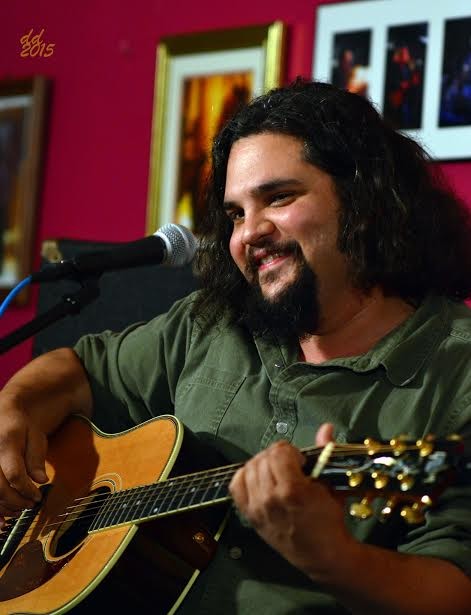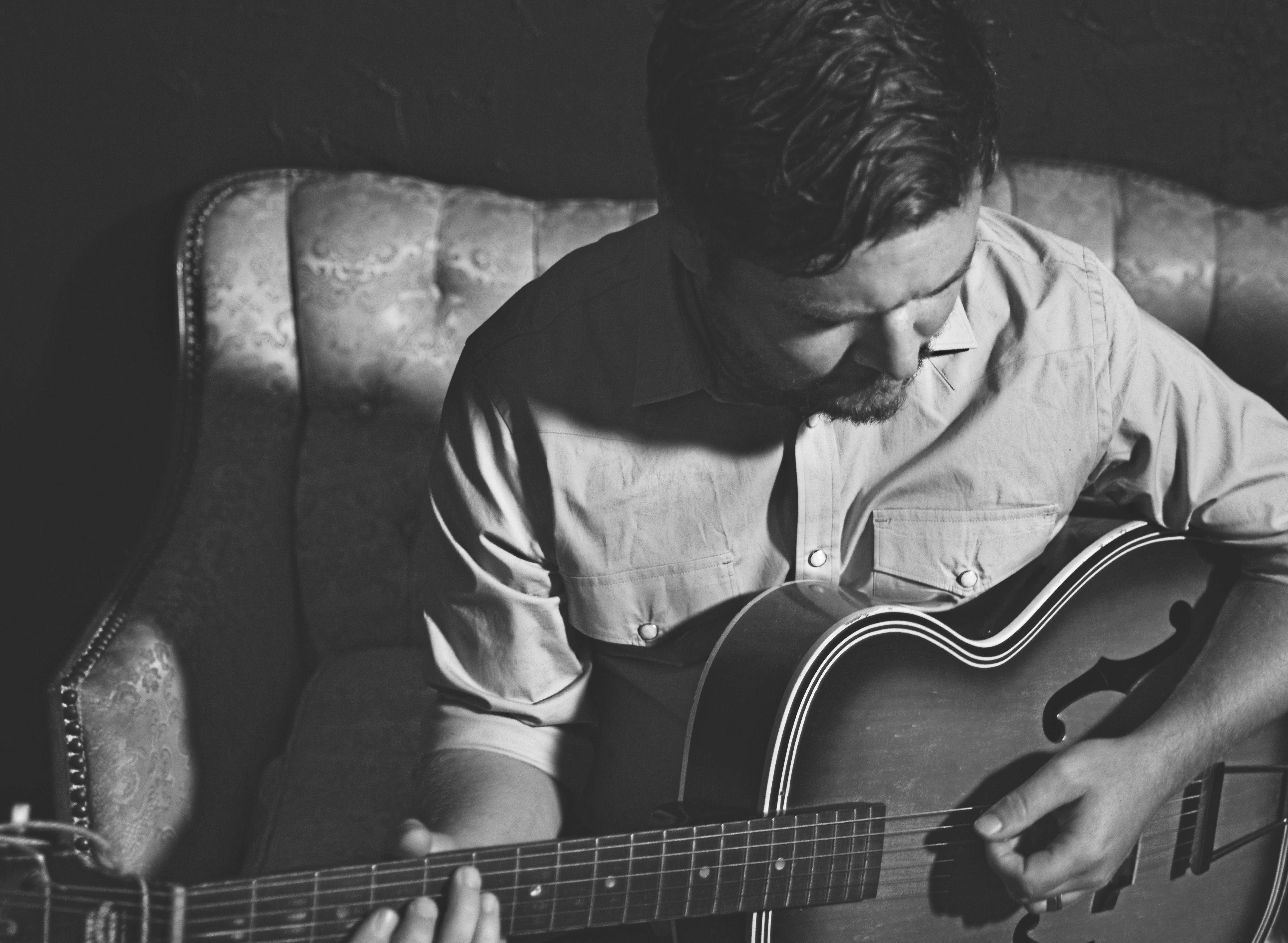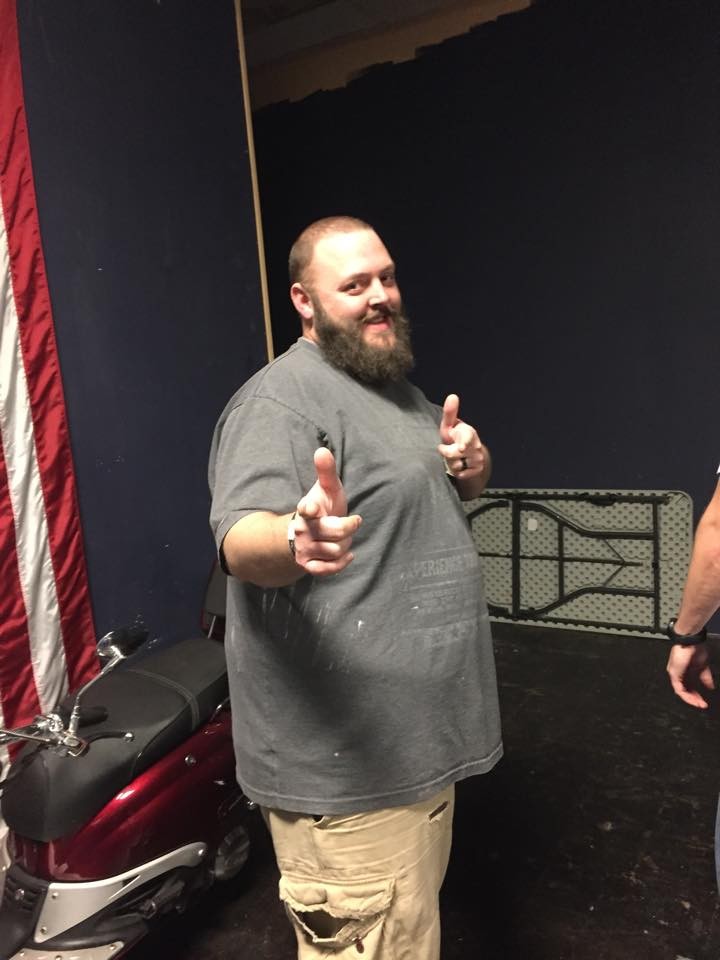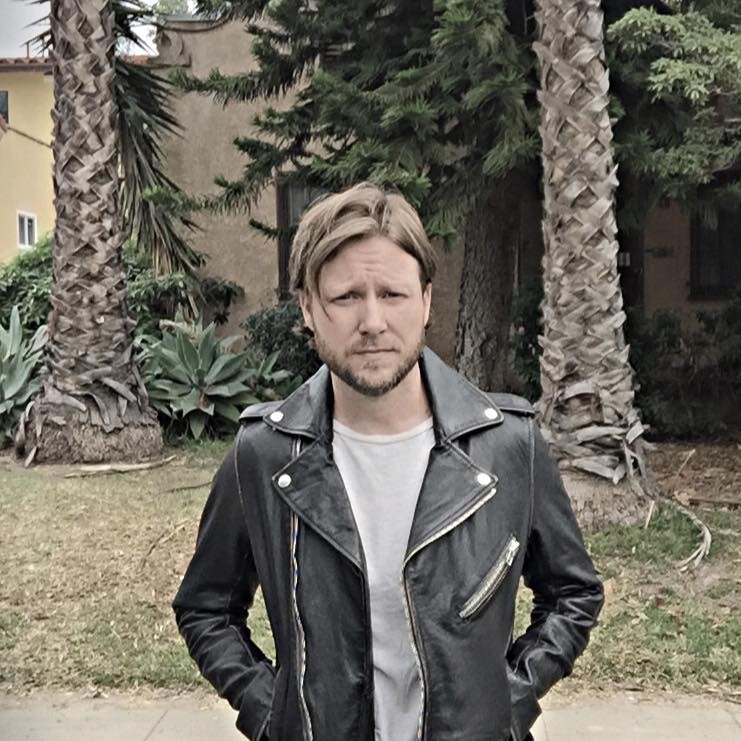Chris Maxwell will make his way through Memphis this week for a show on Saturday, March 26th at Otherlands. Maxwell is currently touring in support of his new solo album, Arkansas Summer, but he might be best known around these parts as the leader of the Little Rock alternative band the Gunbunnies, which cut its 1991 debut Paw Paw Patch here in town with legendary local producer Jim Dickinson. After migrating north, Maxwell made a name for himself playing guitar for the New York band Skeleton Key, and, as a part of the music production team the Elegant Too, he has also collaborated with folks like They Might Be Giants, Yoko Ono, and Iggy Pop as well as created music for the TV shows Bob’s Burgers and Inside Amy Schumer. Maxwell spoke to the Flyer earlier this week. — JD Reager
The Memphis Flyer: The Gunbunnies were recently described to me as the “only band out of Little Rock to ever make it.” Do you think that’s a fair description?
Chris Maxwell: Ha! No, not a fair description, especially when you consider Evanescence sold around 20 million records. What is true is we were the first band to get a major label deal out of Little Rock — I’m not sure how important that is, but at least it’s more accurate.
How did you get paired with Jim Dickinson?
Our manager, Jon Hornyak, knew Jim. I had two dream producers. It was between him and T Bone Burnett. I ended up feeling better about Jim. Those records he made, especially Big Star’s Sister Lovers and the Replacements’ Pleased to Meet Me and even Toots Hibbert’s Toots in Memphis record were all big influences. To me, T Bone was more of a songwriter. Jim seemed like a mad, musical Sherpa. That’s what I wanted. Jon sent Jim my home demos, and he dug it.
What was it like to work with him?
It was one of the most bizarre, educational, stoned, and fun experiences of my life. Jim always showed up in some badass outfit. Then he’d start off every day telling some incredible story about someone like Aretha Franklin or Sam Phillips. It was inspiring to say the least. He taught us how to think like artists. He introduced me to the “happy accident.” He taught me music is something you conjure like a spell.
How much time did you spend hanging around Memphis?
We lived in Memphis for the couple of months we recorded. It was an incredible time to be there. Overton Park was having shows every weekend. Tav Falco took our band photos, Robert Gordon wrote our bio, and we played shows with Alex Chilton. It doesn’t get any better than that.
You’ve done a lot of work-for-hire for film and television over the years. How is that different from your usual songwriting?
It’s craft vs. art. Those things aren’t exclusive of each other, but the ratios are different depending on what you’re going for. If I’m writing an end credit for Bob’s Burgers, I have a very specific aesthetic that I’m working with. I can bring all of my experience as a songwriter to bear, but I’m digging around in my soul for the meaning.
Also, with songwriting, the words and stories inform the music as opposed to most of the work-for-hire composing, which is underscoring a movie. I have certainly brought a lot of my song craft to composing, and, likewise, a lot of the tools I use in composing have had an impact on how to underscore the narrative in a song.
Were you surprised at the overwhelming viral reaction to the song “Milk Milk Lemonade,” which your production team did last year with the comedian Amy Schumer?
That was a shock. I think [it got] four million hits in 24 hours? Something like that. “Milk” mostly came from my partner Phil [Hernandez]. He’s an amazing drummer and programmer. I worked with Amy on her vocals, and she was extremely sweet. She loved our track. We’ve just written and recorded another song for this upcoming season as well as produced one other track.
What inspired you to create Arkansas Summer?
It all started with the birth of my son. After Skeleton Key, I had gotten so involved in film and TV that I let my songwriting recede into the background. When Angus was born, I taught myself to fingerpick, and these songs about my life started coming out. When the song “Arkansas Summer” came to me, I realized I was making a record. That song became the heart of the record. I realized I had these stories, and I wasn’t telling them.
How did you record it?
It started in an Airstream I bought from Ethan Hawke after his divorce from Uma Thurman. Then, as it evolved, I moved into a couple of real studios that are minutes from my house: Dreamland and Applehead. Eventually I sold the Airstream and built a studio at my house where I finished recording and mixing everything.
It was a difficult process mainly due to the fact I write and record all day for my real job. That made it difficult to find the energy to write and record my own music. More often than not there was no gas left in the tank. But once I saw the thing that it was going to become, I kept pushing and finding the cracks to wedge in time.
Chris Maxwell live at Otherlands, Saturday, March 26th. 8 p.m. $7


 Justin Fox Burks
Justin Fox Burks  Justin Fox Burks
Justin Fox Burks  JD Reager
JD Reager 